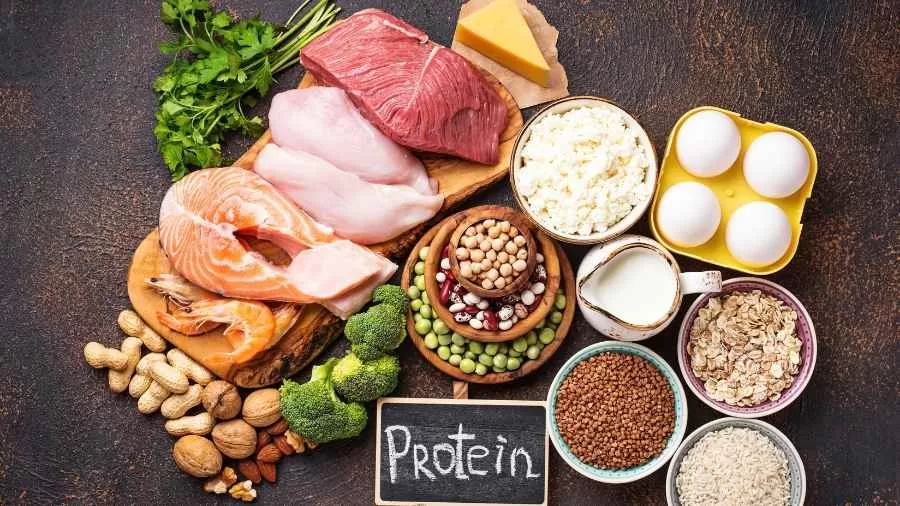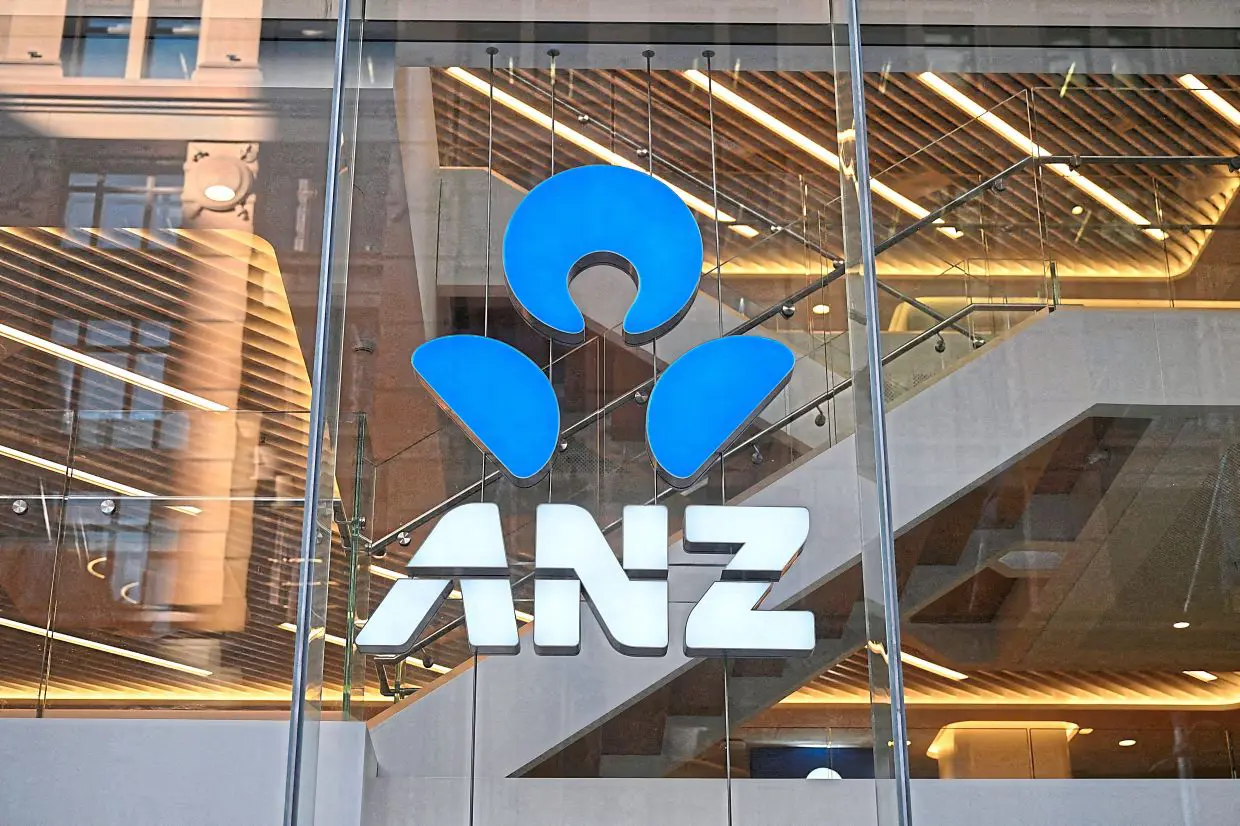Food Industry Races To Feed The High-Protein Craze

From protein-packed coffee to high-protein pasta and yogurt, the global food industry is rushing to cash in on a growing obsession: protein.
For Andie, a Vancouver-based fitness enthusiast, it began with a fitness app recommending a higher protein intake without excess calories. That challenge led her to explore fortified versions of everyday foods — milk, cereal, and even lattes. “Everything tasted the same,” she said. “Now I actively seek out high-protein products.”
She’s not alone. Across supermarkets and cafés, the word “protein” has become a marketing magnet — stamped on labels, menus, and even coffee cups.
The Boom Behind The Label
Between March 2024 and March 2025, sales of protein-rich products in the US grew nearly 5% by volume, according to NielsenIQ. In fact, milk consumption rose for the first time since 2009, partly credited to the “back-to-cow” movement — a renewed embrace of dairy and protein-rich products like bovine colostrum, the nutrient-dense milk produced by cows after giving birth.
At the heart of this surge is whey protein, a by-product of cheese manufacturing that has evolved into a multi-billion-dollar global sector. Whey’s success contrasts sharply with the slump in plant-based alternatives, where almond milk and other non-dairy beverages are losing market share.
Online trends reflect this shift: in 2020, “oat milk” outpaced “whole milk” in US Google searches. By 2025, the tables turned — cow milk searches are at record highs.
Consumers increasingly associate traditional dairy with “natural nutrition,” driving renewed interest in collagen and beef tallow. Today, the global milk market is worth around $69.3 billion, nearly eight times larger than milk alternatives, which total $8.4 billion.
Protein: The Marketing Halo
But not everyone is cheering the trend. Dr. Federica Amati, a nutrition researcher at Imperial College London, warns that the craze is often more about marketing than health.
“People are being hoodwinked into thinking ‘high protein’ automatically means healthy,” she said. “It’s another health halo.”
Most people in developed countries already consume more protein than needed, she explained. While certain groups — including the elderly, malnourished, or those with chronic illnesses — may benefit from higher intake, excess protein can carry risks.
“Consuming more protein than your body can use in midlife is linked to an increased risk of multiple diseases, including cancer,” Dr. Amati said, noting that plant-based proteins do not appear to share that risk.
Instead, she advises consumers to focus on whole foods and fiber, often neglected in modern diets. “Buy regular Greek yogurt and fresh foods — not overpriced protein versions,” she added.
Food Tech Firms Smell Opportunity
Still, innovation is thriving. French startup Verley is using fermentation technology to produce beta-lactoglobulin, a high-protein compound found in whey but made without cows — making it suitable for vegans.
CEO Stéphane Mac Millan says the company’s process merges “the best of French food tradition and biotech.” By using microorganisms to create dairy proteins sustainably, Verley hopes to modernize the dairy sector while lowering its environmental footprint.
“Our goal is to help dairy move into the 21st century,” Mac Millan said, adding that the product, rich in leucine, appeals to consumers focused on muscle health and weight management.
The company also sees potential demand among users of weight-loss injections, who may seek extra protein to prevent muscle loss. Though Verley’s product will initially carry a premium price, the firm expects costs to drop as production scales.
A Trend Built On Hype?
Despite the health debate, the high-protein wave shows no signs of slowing. Analysts note that food trends increasingly follow social media rather than science, and consumers often mimic the diets of influencers and athletes.
As Jack Bobo of UCLA’s Rothman Family Institute for Food Studies puts it, “Most people aren’t elite athletes, but they’re eating like they are.”
Whether the protein craze truly delivers health benefits — or simply fattens food companies’ profits — remains to be seen. For now, it’s clear that in the race between science and marketing, protein has become the most profitable buzzword on the shelf.

